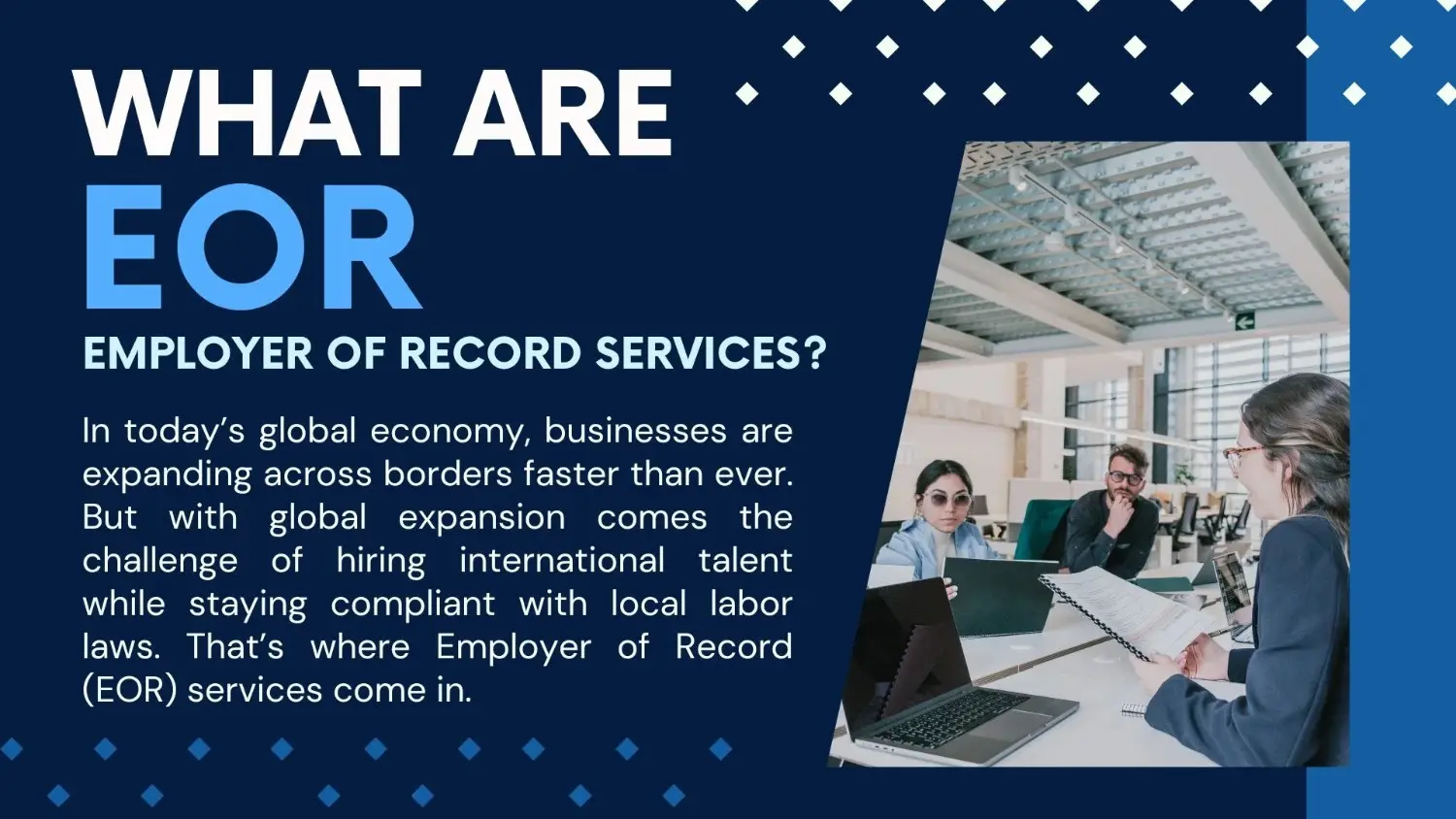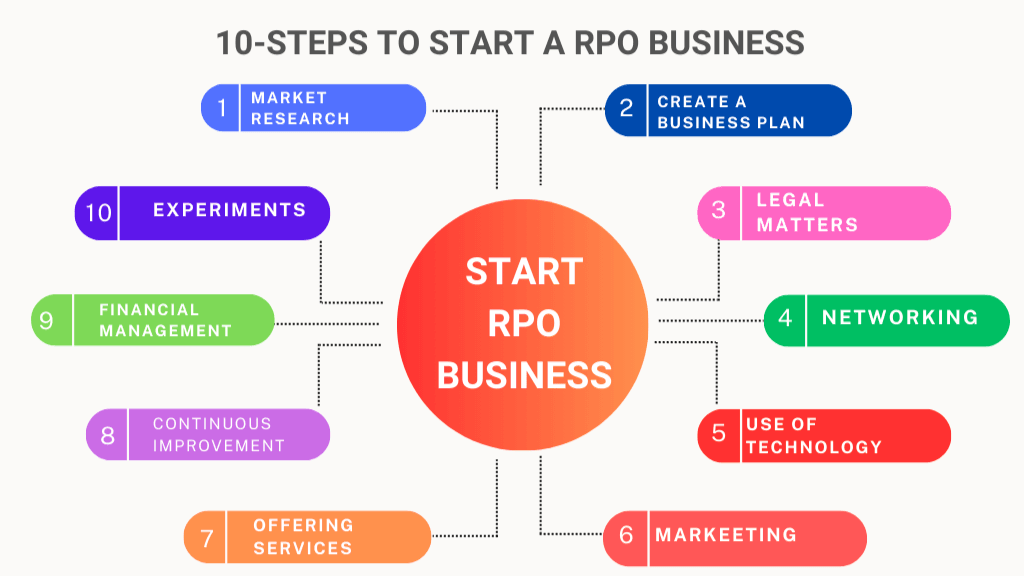
Table of Contents
ToggleWhat is onshore outsourcing?
Onshore outsourcing refers to any company operating under a BPO and that company provides services or employers to another company and it requires that companies that outsource business to each other. They have been located in the same country. Similarly, if we shed some light on offshore outsourcing, which outsources business or services to companies in different countries, it is quite the opposite of onshore outsourcing. While onshoring involves hiring in a single country. For example, many companies in the United States outsource to Canada and Mexico while remaining in the same country. And on the other hand, outsourcing to Pakistan and Canada in offshoring. Let us add one thing that onshore outsourcing is domestic outsourcing.
What is the purpose of onshore outsourcing?
The purpose of onshore outsourcing is to outsource services or firms to a third party that the other company cannot outsource. There are some businesses that want to grow and can do it but they lack the skills and experience, so some companies in the same country have the skills and experience, so they outsource their services to other companies. , such as common human resources (HR) functions. Offshore also does the same thing, but communication between the team or partners becomes very difficult, while onshore is not free from this problem due to being in the same country. However, depending on the work involved, it may come at a higher cost than other outsourcing options.
Benefits of onshore outsourcing
onshore Outsourcing Since outsourcing is done in same country, we highlight its benefits, which are:
- Communication is easier
- No dealing with cultural differences
- Cost savings
- More quality control
- Protect intellectual property
Advantages of onshore outsourcing
- Additional cost savings opportinuties: Any industry to attract growth has to increase the number of employees in its company. More number of employees increases the services and it costs the company a lot. To reduce this cost, the company outsources its services to others so that all the services that the company needs can be obtained at a lower cost.
Improved business growth strategy and core competencies: Every company needs growth and goes through every difficulty to grow, when a company experiences rapid growth it may need back office services. Thus any company can overcome any financial problems to succeed in its mission. If at the same time it will outsource the less important functions of its office, it helps the company to reduce its resources and it can pursue new growth strategies.
- Increase efficiency: Companies that contribute to costly and inflexible office functions need outsourcing to gain profits. In order to increase their efficiency and productivity as well as control costs, these companies outsource the functions they support to a third-party company, as this allows the company to spend more time on other business functions.
- More staffing flexibility: Outsourcing is a great advantage to businesses that they can outsource the business for a lower cost depending on the seasons, and when the company feels the need to handle the work itself in the off-season. And it doesn’t need any more outsourcing, so it gets the job done without it. For example, an accounting department that lacks the ideal number of staff during auditing periods and tax season may outsource certain functions to conserve resources needed for a given period at a lower cost.
Challenges of onshore outsourcing
- Limited In-Person Oversight
- Integration Delays with On-Site Employees
- Communication and Cooperation Challenges
- Distance-Related Interaction Issues
- Time Zone Differences Impacting Schedule
- Potential Delays Despite Same-Country Location
Examples of onshore outsourcing
An example we can take is a smartphone manufacturing company, this company can outsource the internal parts of its products to other companies. It has the advantage that it is not manufacturing alone and can help reduce the associated production costs. It develops a network of reliable suppliers for its future products and implements it in its business.
A law firm is very concerned about managing its documents and the firm can store its documents using a cloud service provider. It can use the technology to get services from it, which would be too expensive if it were to purchase it for its own personnel. Its advanced features help the firm protect all its data and provide security.
FAQs
Onshore outsourcing refers to any company operating under a BPO and that company provides services or employers to another company and it requires that companies that outsource business to each other. They have been located in the same country.
- Communication is easier
- No dealing with cultural differences
- Cost savings
- More quality control
- Protect intellectual property
- Additional cost savings opportinuties
- Improved business growth strategy and core competencies
- Increase efficiency
- More staffing flexibility
- Limited In-Person Oversight
- Integration Delays with On-Site Employees
- Communication and Cooperation Challenges
- Distance-Related Interaction Issues
- Time Zone Differences Impacting Schedule
- Potential Delays Despite Same-Country Location
- Local Business Cleaning Services
- Regulated Industry Compliance
- Cost-Effective DevOps Outsourcing
Related Posts
















